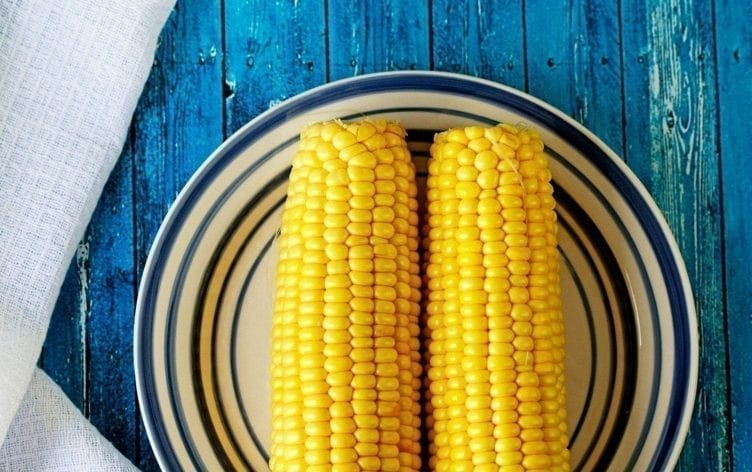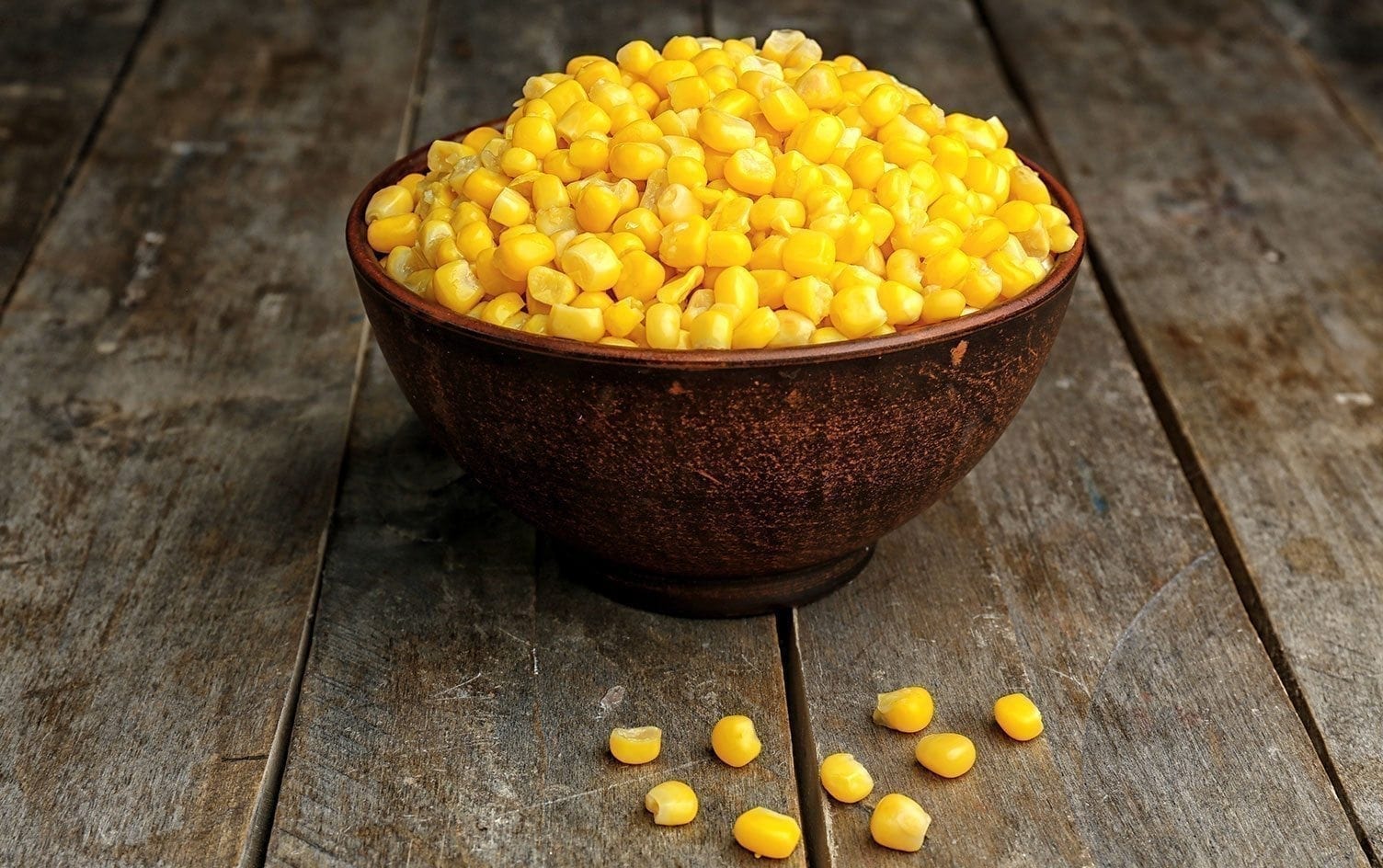
The Truth About Corn
Once upon a time, nothing seemed more wholesome than fresh, sweet summer corn. Delicious, affordable and ubiquitous, it’s a crowd-pleaser that’s easy to prepare. Then came the low-carb revolution, and the notion that those delectable kernels are actually the devil in disguise. But now, the sentiment is starting to change as we realize corn doesn’t entirely deserve its bad rap.
There’s a lot to like about corn. To start, it doesn’t contain even a gram of sugar, and its carb count is lower than you might expect. For example, an ear of sweet corn contains just 10 grams of carbs. For perspective, a small apple has 17 grams, even though both clock in at about 60 calories. Corn is also rich in vitamin A, important for immunity, and it’s high in lutein, an antioxidant which builds healthy vision. With one gram of fiber per ear, it’s a better choice than the high-carb, zero-fiber starchy sides like the soft rolls it can easily replace.
THE CONTROVERSY
Rumors swirl about whether corn is good for your health — or practically perilous (hello, Paleo). First, many claim corn is too high on the glycemic index, meaning it releases glucose rapidly into the bloodstream. But unless issues around glucose are a particular concern in your diet, don’t worry: Corn ranks lower on the glycemic index than brown rice or quinoa, so for most people eating a balanced diet, it’s hardly a problem food.
Second, there’s the idea that corn is “bad” for gut health — but there’s no proof in studies either way. (And, let’s face it, intestinal distress can originate from a lot of sources.) Devotees of clean eating worry it’s impossible to find corn untainted by GMOs: If this concerns you, buy certified organic corn.
Perhaps one reason for the negative pall over corn comes from its dastardly role in the industrial food chain. Factories turn the starchy veggie into corn syrup and compounds for processed foods that end up in everything from chicken nuggets to Ring Dings. But that has nothing to do with the benefits and joys of eating whole, fresh corn from a summer farm stand.

KERNELS VS. THE COB
Healthy types will tell you there’s no need to slather corn in butter — that it tastes great without the extra fat. But for buttered-corn lovers, the only easy way to skip that caloric addition is to slice the kernels off the cob. This removes the temptation to add butter while yielding a versatile ingredient that adds flavor and texture to meals without a lot of carbs or calories.
Skip canned or frozen corn with lesser texture or flavor and boil your own, slicing the kernels off the cob after a quick boil; they can also be sliced off raw and quickly cooked in the microwave as needed. Cooked kernels keep well in the fridge for 3–5 days, so you can keep them handy at mealtime.
There are so many creative ways to work corn into all kinds of dishes. Add it to a plate of micro greens with crumbled cotija cheese, crunchy pumpkin seeds and lime dressing for a Mexican street corn-inspired salad; combine it with creamy avocado and ripe cherry tomatoes for a memorable side dish; or pack it alongside other healthy veggies and grains in a Buddha bowl. For an amazing brunch, fold fresh corn kernels, halved cherry tomatoes and creamy goat cheese into softly scrambled eggs.
READ MORE > 8 RECIPES THAT GO BEYOND CORN-ON-THE-COB
So here’s an easy summer assignment: Boil up some fresh sweet ears of corn, skip the butter and try using the kernels in new, creative ways while enjoying every single bite. Better yet, become a myth buster and remind everyone to enjoy this starchy veggie — without the side of guilt.
Originally published August 2017
































